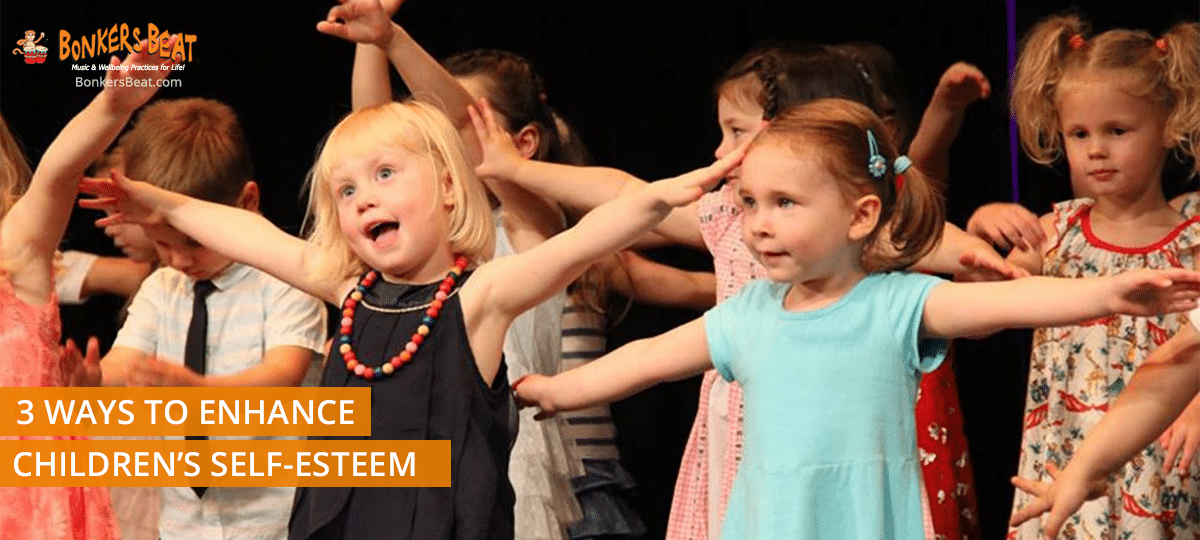Everyone needs self-esteem, but it doesn’t always come naturally built-in. In fact, it can go up and down at various points in life, but as early childhood educators we can do our best to help children develop high levels of self-esteem.
What is self-esteem?
Self-esteem is the word used to describe a person’s assessment of themselves. It encompasses what they believe to be true about themselves, how they view themselves and how they value themselves.
Your self-esteem levels can influence what you do with your time, how you care for yourself and your ability to live a full life.
Low self-esteem can put you at risk for mental health issues, while high levels of self-esteem are protective and enable you to reach your full potential.
Needless to say, enhancing children’s self-esteem is vital for their overall wellbeing and mental health.
Enhance children’s self-esteem
There are many ways to enhance children’s self-esteem.
Take a look at the list of strategies you can utilise in your centre.
1. Music, music, music
Singing and playing musical instruments isn’t just great fun…There are countless studies that show that music contributes positively to self-esteem in children.
According to Broh in ‘Linking extracurricular programming to academic achievement‘ (2002) published in Sociology of Education, students who
participated in musical activities had higher self-esteem and motivation levels.
Furthermore children developed improved relationships they had with parents and teachers.
The children who took part in musical activities talked to their parents and teachers more, leading to richer social
relationships.
2. Focus on strengths
Children who have high self-esteem tend to see the good in themselves, whereas children with lower levels are more likely to focus on what they are not good at.
In childcare centres, we can encourage children to have a go and send a strong message to children about what they are doing well.
Even if they haven’t quite nailed a skill, game or task, focusing on their strengths and what is good about a child can build their
self-esteem up enough to ensure they are willing to continue to have a go in life.
3. Show children love and support
Something as simple as cuddles or a high five can give children the sense that they are a good person who is valued.
Show an interest in what they like to do, ask questions and give support and guidance as needed.
This also develops positive relationships between children and their caregivers which will contribute to enhance their self-esteem even more.
Self-esteem for now and the future
Self-esteem plays a role in school readiness, relationship building, relationship with the self and future career ventures.
Focusing on enhancing children’s self-esteem now will have lifelong benefits for children that enable them to thrive in life.
You can see the confidence bursting from children over at our
Facebook page in photos from our recent
Bonkers Beat Music Kinder in action album!





